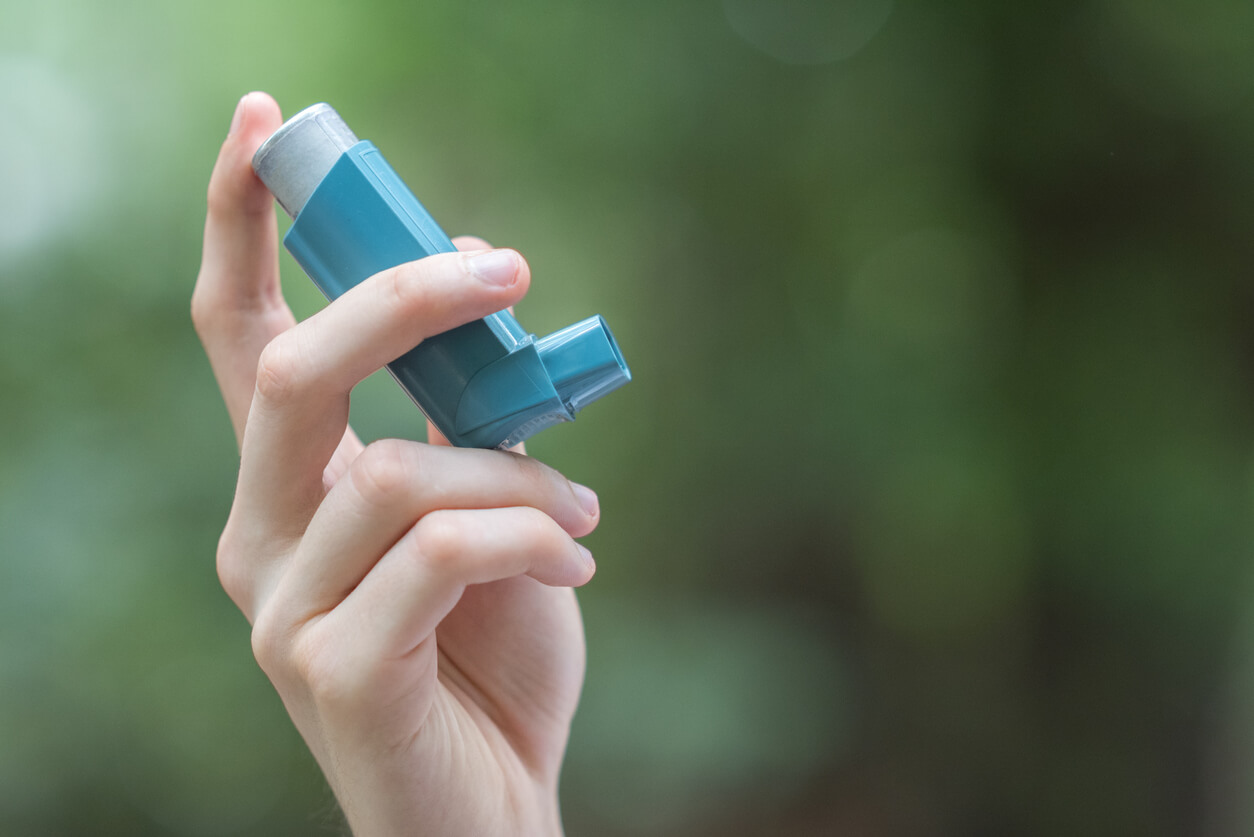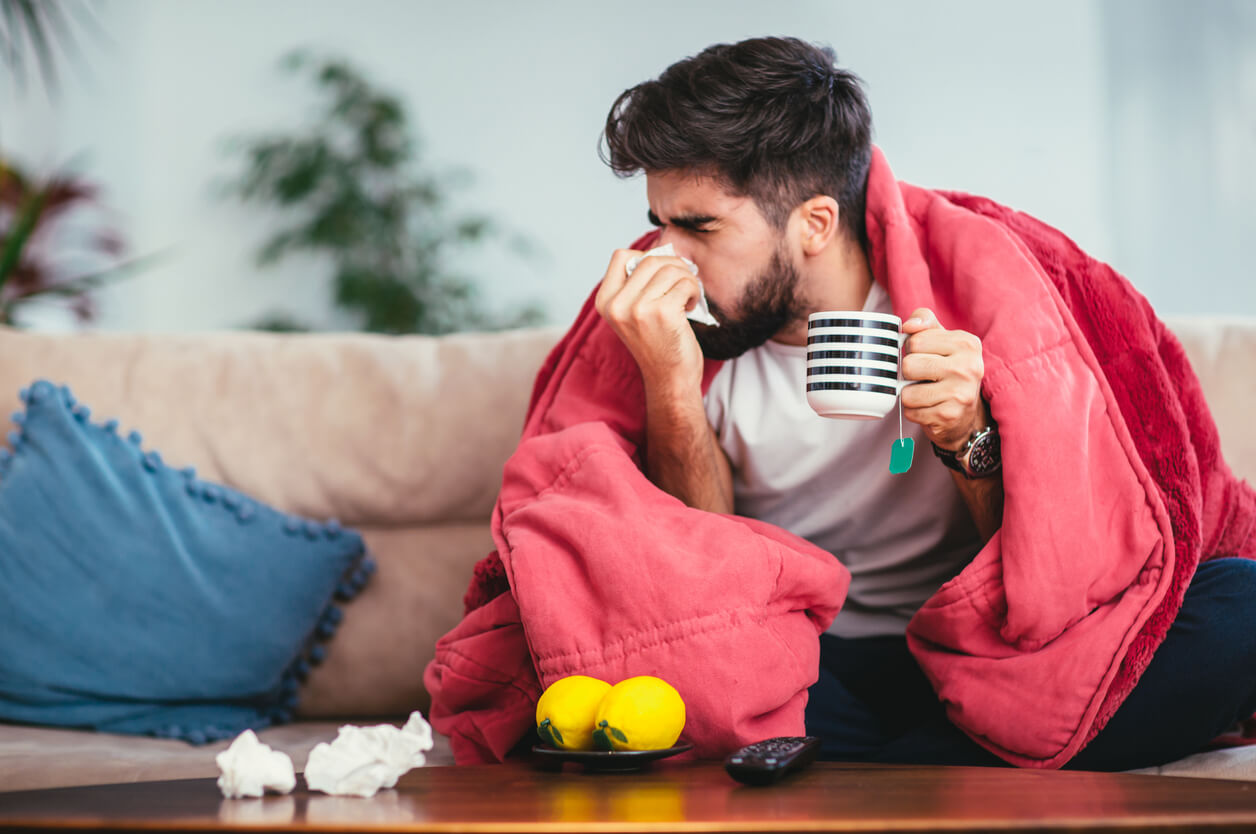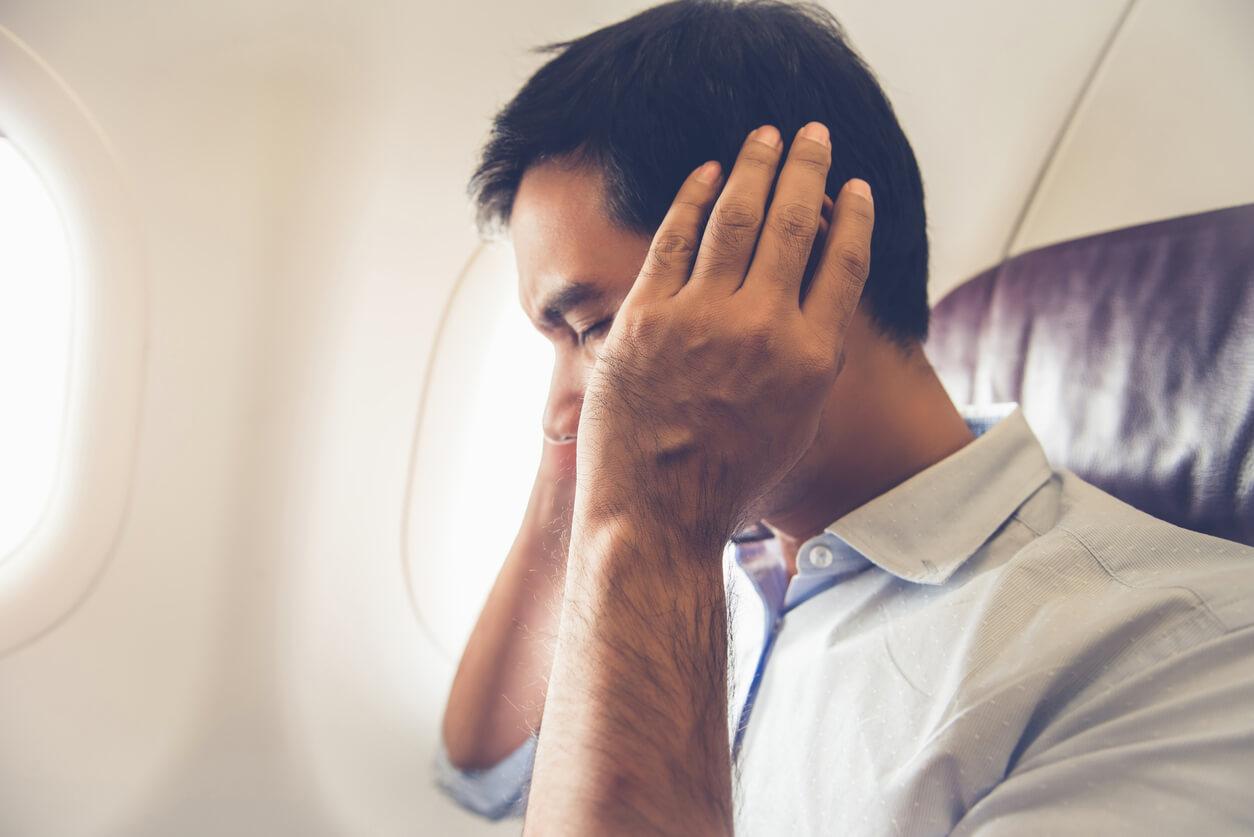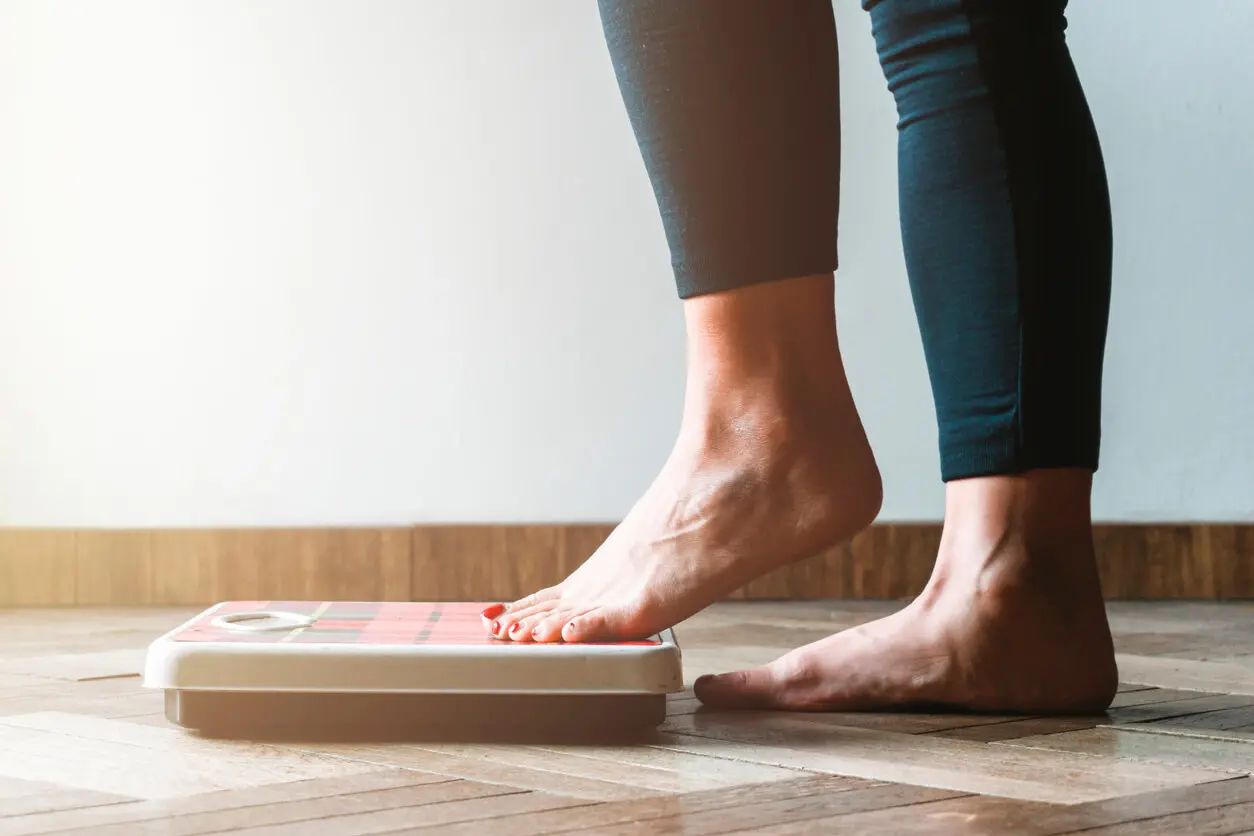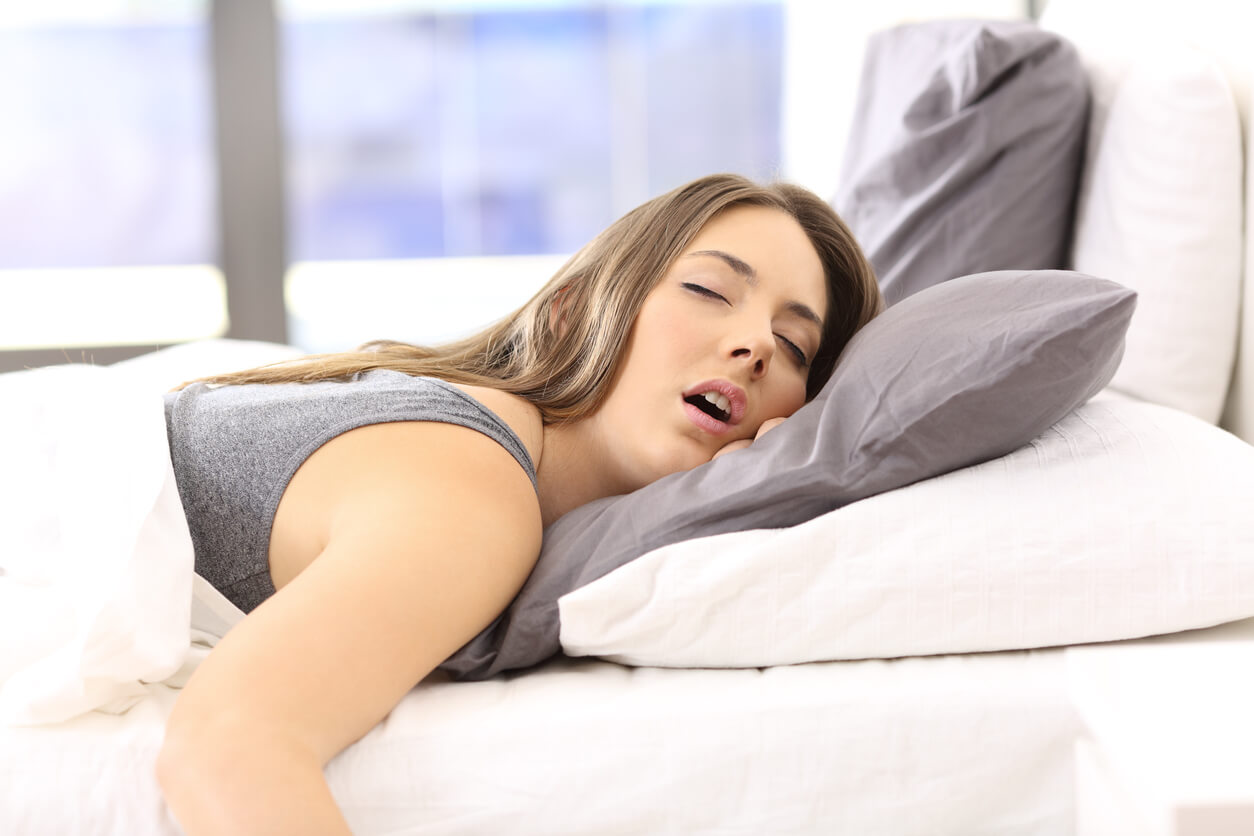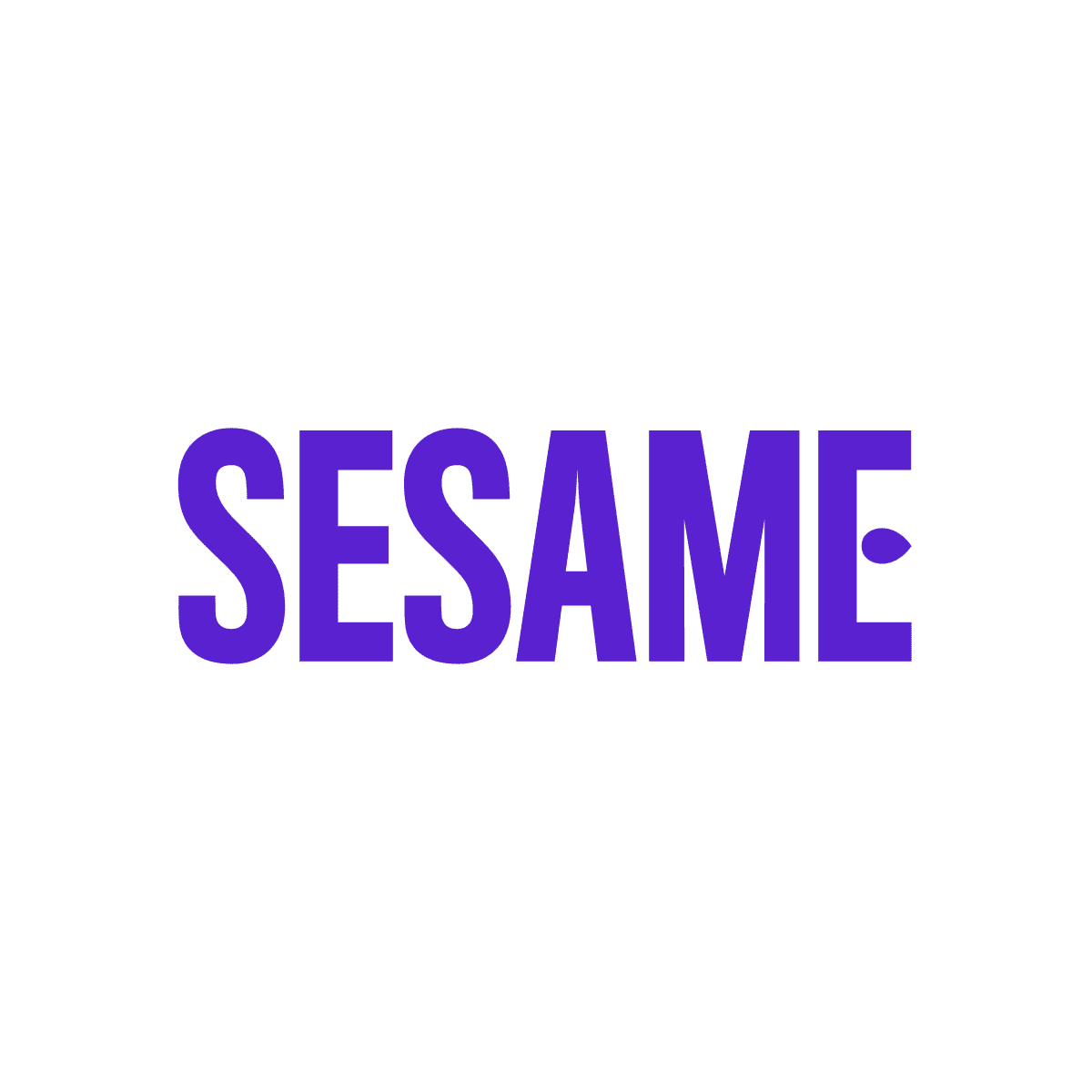Mouth Taping: Benefits and Risks of Taping Your Mouth Shut
The benefits and side effects of mouth taping during sleep
Mouth taping has over 200.7 million views on TikTok. Between the viral dance trends and Cottagecore content, you may have caught a glimpse of influencers gushing about the benefits of sleeping with a piece of tape over their mouths. This lifestyle “hack” is supposed to help you improve your sleep and avoid dry mouth when you wake up.
But is it even safe to tape your mouth closed as you sleep? Are there actual benefits of mouth-taping? Here are five things you should know about this social media sensation.
1) Mouth taping is used to prevent mouth breathing
TikTok influencers use mouth tape to prevent mouth breathing and encourage nasal breathing during sleep.
People have used mouth tape to try to improve side effects of mouth breathing, like:
- Bad breath
- Dry mouth
- Snoring
Airflow through the sinuses is filtered and warmed. This removes allergens and particles that can cause irritation and regulates the temperature of incoming air. The nasal passages also help to humidify the air you breathe, which moisturizes the throat during sleep. Additionally, as anyone who has ever done yoga or meditation can tell you, nose breathing relaxes you and reduces stress.
2) Mouth breathing can cause health problems
There is currently not enough medical evidence to suggest that the benefits of mouth-taping outweigh the risks. But reducing the amount of air you breathe through your mouth during sleep is not exactly a bad thing. Mouth breathing is one of the primary causes of snoring, and it can also dry your mouth out. Taking in cool air during the night saps your mouth of saliva, which helps clean and moisturize your mouth and prevent dental disease and other conditions.
Chronic dry mouth has been linked to oral health problems like:
- Gum disease
- Dental decay
- Cavities
- Frequent yeast infections in the mouth
Mouth breathing can also be caused by obstructive sleep apnea (OSA), a common sleep disorder in which breathing stops and starts during sleep. Sleep apnea can seriously affect sleep quality. This may make you tired and foggy during the day.
Sleep apnea can also raise your risk of high blood pressure, heart attack, stroke, and other cardiovascular problems.
A 2015 pilot study showed that mouth taping can help slightly reduce snoring. However, the sample size was small (tested on only 30 patients). The effects were positive but also slight. In later studies, mouth taping was shown to reduce snoring. It positively impacted mild sleep apnea symptoms, but no more.
3) Mouth taping may cause side effects
Taping your mouth shut may cause unwanted side effects. It can prevent you from taking full, deep breaths during sleep. In patients with nasal congestion, a deviated septum, or other conditions affecting the nasal cavity, this can seriously impair the amount of oxygen you get as you sleep.
Other side effects of mouth taping include:
- Skin irritation around the mouth
- Allergic reactions to tape
- Poor airflow during sleep
- Pain when removing the mouth tape (especially in those with facial hair)
- Poor sleep quality due to difficulty breathing
- Anxiety from having your mouth taped shut
The potential risks of taping your mouth shut can range from mild (irritation) to severe (reduced airflow during sleep).
4) Mouth tape should not replace sleep apnea treatment
If the side effects of mouth taping aren’t enough to warn you off taping your mouth shut during sleep, it should be reiterated that mouth taping is not effective for obstructive sleep apnea.
If you have obstructive sleep apnea, get medical advice from a healthcare provider before using mouth tape to treat your condition. Healthcare providers use continuous positive airway pressure (CPAP) machines to treat sleep apnea. CPAP machines deliver lightly pressurized air through the airways during sleep, helping to keep the airways open and preventing the complications caused by sleep apnea.
If you are looking for sleep apnea treatment, speak to a sleep specialist. Do not use mouth tape to treat sleep apnea on your own.
5) You should talk to a healthcare provider before using mouth tape
There is not much clinical information about the effects of mouth tape. It has been shown to reduce snoring in some patients and may also positively affect mild sleep apnea symptoms.
That being said, taping your mouth shut is potentially harmful. In some tests, patients wound up trying to breathe through their mouth anyway, a process known as “mouth puffing.” Patients who spent the night “mouth puffing” behind their taped lips did not experience better sleep.
While mouth taping may positively affect snoring, it also has some serious risks. You should only use mouth tape if your healthcare provider directs you to do so.
Mouth tape alternatives
Talk to a sleep medicine specialist if you are struggling with poor sleep. Sleep specialists can provide a range of treatment options to help improve the quality and quantity of your sleep. And these therapies do not involve taping your mouth shut.
Healthy lifestyle habits
Healthy lifestyle habits have been shown to reduce snoring and sleep apnea symptoms.
These habits include:
- Eat a healthy diet (and make sure that you stop eating at least three hours before bed)
- Exercise regularly
- Lose excess weight, if needed
- Cut down on alcohol and tobacco consumption
- Practice stress management
Your provider might also recommend that you try nasal strips to expand your nasal passages and encourage nose breathing during sleep. These sticky strips have been shown to improve airflow through the nose.
Additional treatment options
If you’re having sleep issues that do not go away after a few nights, talk to your provider about getting a sleep study. Sleep studies are one of the main ways sleep specialists diagnose sleep apnea. You may be experiencing difficulties because you have undiagnosed sleep apnea. If your provider determines that you do have sleep apnea, they can direct you to the best treatment options for your condition. They may recommend a CPAP machine or a mouthpiece to improve your airflow during sleep.
How Sesame can help
Don’t lose another night of sleep. While Sesame currently has limited options for sleep-related health care, we offer a wide range of services that can address your needs. Providers on Sesame can order sleep studies if appropriate. If you need medication, providers can write you a prescription to be picked up at your local pharmacy, often within minutes of your visit.

